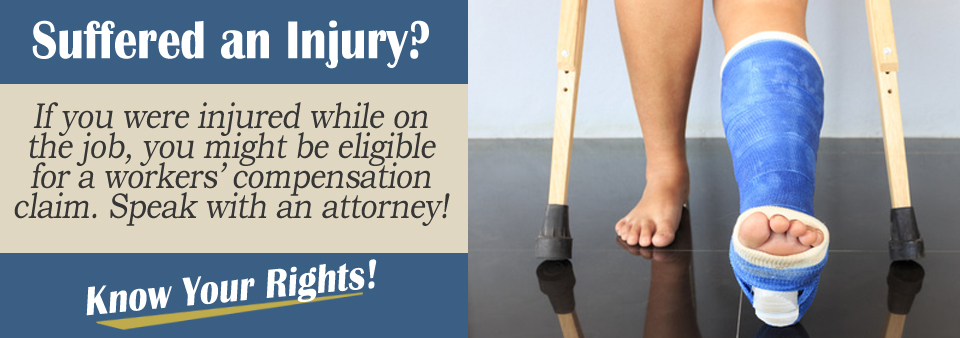When it comes to workers’ compensation cases, does the size of the company involved matter?
Some myths exist that the employee needs to work for a larger company to have a better chance of winning a workers’ compensation claim, but these myths are not, in fact, true. In this situation, size does not matter.
We have asked lawyer, Alaina Sullivan, and here is what she had to say:
What Is Workers’ Compensation?
Workers’ compensation is a form of insurance required for companies of a certain size to cover injuries sustained by employees while on-the-job. Workers’ compensation provides benefits to cover medical expenses, as well as lost wages and lawyer's fees, if a lawyer is needed.
However, if an employee chooses to file for workers’ compensation, he or she waives the right to pursue a personal injury claim against the employer for the injuries sustained.
Are All Businesses Required to Carry Workers’ Compensation Insurance?
The size of the company only normally matters when it comes to whether the company is of the size that requires workers’ compensation to be offered to employees.
Workers’ compensation is governed by state law for the most part, unless the employer is a federal entity. The requirements of what companies must have workers’ compensation can range from state to state. For the most part, most companies are required to have workers’ compensation insurance, regardless of size, but not all states follow this law.
Certain states do have exceptions to this rule, including the following:
- Alabama: Workers’ compensation is required after the fourth employee is hired;
- Florida: Workers’ compensation insurance is required after the fourth employee, but if the employer is a construction business, it does not matter how many employees the company has. Construction companies are required to carry workers’ compensation insurance.
- Georgia: Workers’ compensation is required after the third employee;
- Michigan: Workers’ compensation is required once one employee is hired and works 35 hours a week for at least 13 weeks during the previous 52 weeks, or it is a requirement after the third employee.
- Mississippi: Workers’ compensation is required after the fifth employee;
- Missouri: Workers’ compensation is required after the fifth employee. If the employer is a contractor with one employee or more, it is a requirement.
- New Mexico: Workers’ compensation is required after the third employee is hired. Construction businesses are always required to carry the insurance, regardless of how many employees.
- North Carolina: The state requires workers’ compensation after the third employee;
- South Carolina: Workers’ compensation is required after the fourth employee;
- Tennessee: The state requires workers’ compensation after the fifth employee is hired. If the employer is in the construction industry or trades, these businesses are always required to carry.
- Virginia: The state requires workers’ compensation after the third employee;
- Wisconsin: Workers’ compensation is required after the third employee;
- Texas: This state is the only one that does not require workers’ compensation insurance.
For these above states, the size of the company can affect whether an employee is covered under workers’ compensation.

Entitled to Receive Benefits
Regardless of the size of the company involved, if an employee is injured while on the job, he or she is entitled to benefits. This right is there if the company is a smaller entity or a large corporation.
This fact is a constant that is not going to vary depending on the size of the company involved. It depends on the policies, and if the injuries are there, the medical bills are provided as proof and the employee has a good case for benefits, the workers’ compensation insurance provider will pay out the benefits.
Possible Roadblocks
However, that being said, the myth that small companies are easier to win against than large ones is there for a reason. In certain situations, it may very well seem like it is harder to go up against one of the big companies.
For instance, these bigger corporations are more likely to have in-house legal teams who will fight the claim being filed no matter what. Corporations like Wal-Mart are well-known for fighting workers’ compensation claims.
A smaller company may want to avoid high legal fees and not want to enter into a battle over benefits. However, the size of the company is not guarantee that this will happen; it is merely a possibility.
Discuss these concerns with a workers’ compensation lawyer who can address any misconceptions that the injured employee may have.
Contact a Lawyer Today
If you are in the process of pursuing workers’ compensation and have questions about how the size of your employer affects the possibility of getting your benefits, a workers’ compensation lawyer can help review your case and discuss your options.
A lawyer can listen to the facts of the case and can best advise you on how to proceed. Contact a lawyer experienced in workers’ compensation law to schedule a consultation today.